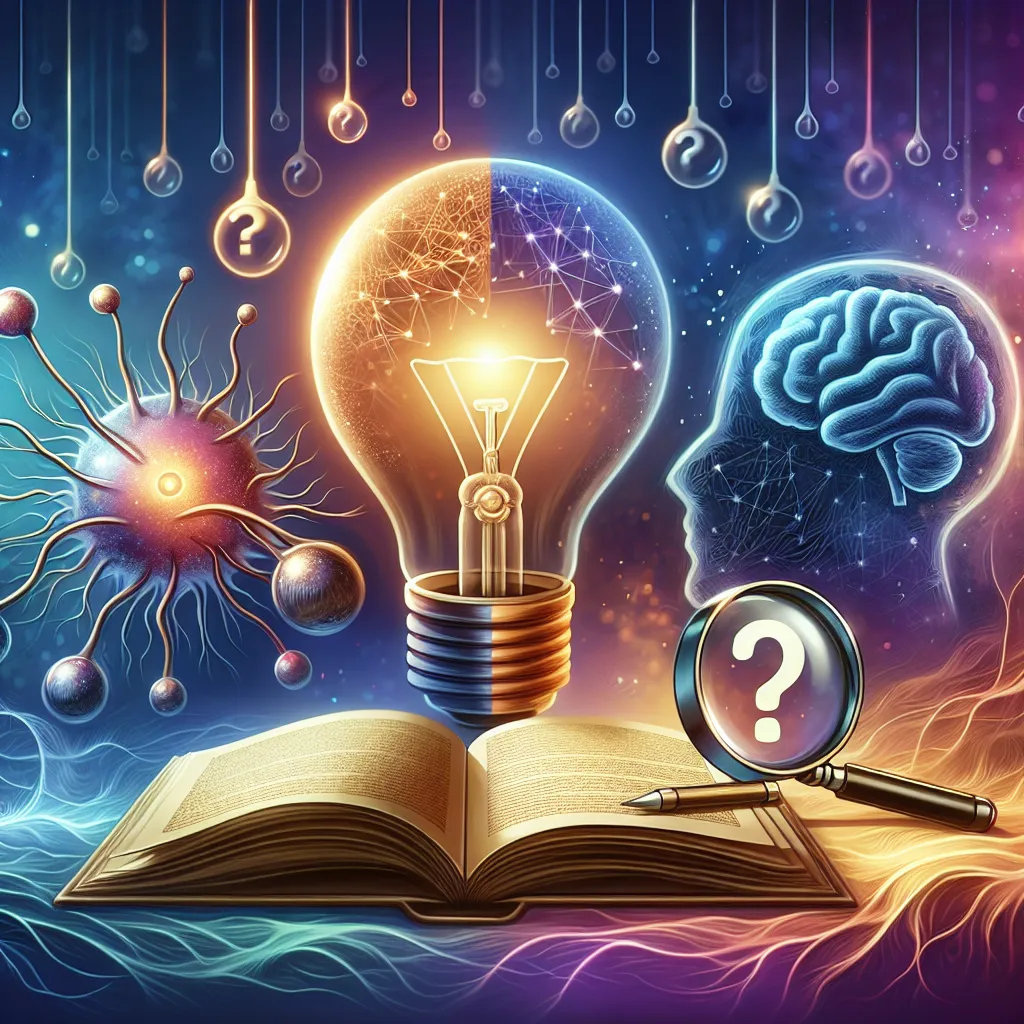Intelligence remains one of the most fascinating and complex attributes of human cognition. In its essence, it represents our capacity to process information, solve problems, and adapt to new situations. Modern neuroscience has revealed that intelligence emerges from intricate networks of neural connections, with recent studies highlighting the role of brain plasticity in cognitive development. Intelligence encompasses not just analytical abilities, but also creativity, emotional understanding, and practical wisdom. It manifests in our ability to learn quickly, think abstractly, reason logically, and apply knowledge effectively to navigate life’s challenges.
If you are looking for an excellent way to get your IQ Score, try our highly accurate IQ Test.
The scientific understanding of intelligence has evolved dramatically since its early philosophical roots. While the 20th century introduced standardized IQ testing, contemporary research has expanded far beyond these traditional measures. Recent developments in cognitive science and neuroimaging have provided unprecedented insights into how different brain regions coordinate to facilitate intelligent behavior. These discoveries have revolutionized our understanding of cognitive development and learning processes.
The latest research emphasizes that intelligence is highly malleable and can be enhanced throughout life. Neuroplasticity studies demonstrate that the brain continues to form new neural connections well into adulthood, challenging the old belief that intelligence is fixed after childhood. This understanding has led to innovative approaches in education and cognitive training, focusing on developing various aspects of intelligence through targeted exercises and experiences.
Howard Gardner’s Theory of Multiple Intelligences continues to influence modern educational practices, with recent adaptations incorporating technological and digital intelligence as potential additional dimensions. The theory now resonates more than ever in our increasingly diverse and interconnected world, where success requires mastery across multiple domains. Educational institutions worldwide are implementing customized learning approaches that recognize and nurture these different forms of intelligence.
In today’s rapidly evolving digital landscape, cognitive adaptability has become crucial. The ability to process vast amounts of information, think critically, and adapt to technological changes has emerged as a vital aspect of modern intelligence. Recent studies highlight the importance of developing “digital intelligence” – the capacity to navigate and utilize digital technologies effectively while maintaining human creativity and critical thinking.
The role of emotional and social intelligence has gained unprecedented recognition in recent years. Neuroscientific research has revealed that emotional processing is integrally linked with cognitive function, influencing decision-making, memory, and learning. In our increasingly connected world, the ability to understand and manage emotions, build meaningful relationships, and navigate complex social situations has become as crucial as traditional cognitive abilities.
The rise of artificial intelligence has sparked new debates about the nature of human intelligence. As AI systems achieve unprecedented capabilities in specific domains, researchers are gaining new insights into human cognition by studying these artificial systems. This has led to a deeper appreciation of uniquely human aspects of intelligence, such as contextual understanding, creative problem-solving, and emotional reasoning.
In conclusion, intelligence in the 2020s represents a dynamic interplay of cognitive, emotional, and social capabilities, shaped by both genetic factors and environmental experiences. Modern research continues to unveil the remarkable plasticity of human intelligence and its potential for lifelong development. The integration of traditional knowledge with emerging insights from neuroscience, psychology, and artificial intelligence provides a richer understanding of human cognitive potential. As we face increasingly complex global challenges, nurturing diverse forms of intelligence becomes crucial for personal growth and societal progress. Whether through advanced educational methods, technological tools, or personal development practices, the journey to enhance human intelligence continues to evolve, offering new possibilities for cognitive enhancement and personal achievement.




Leave a Comment